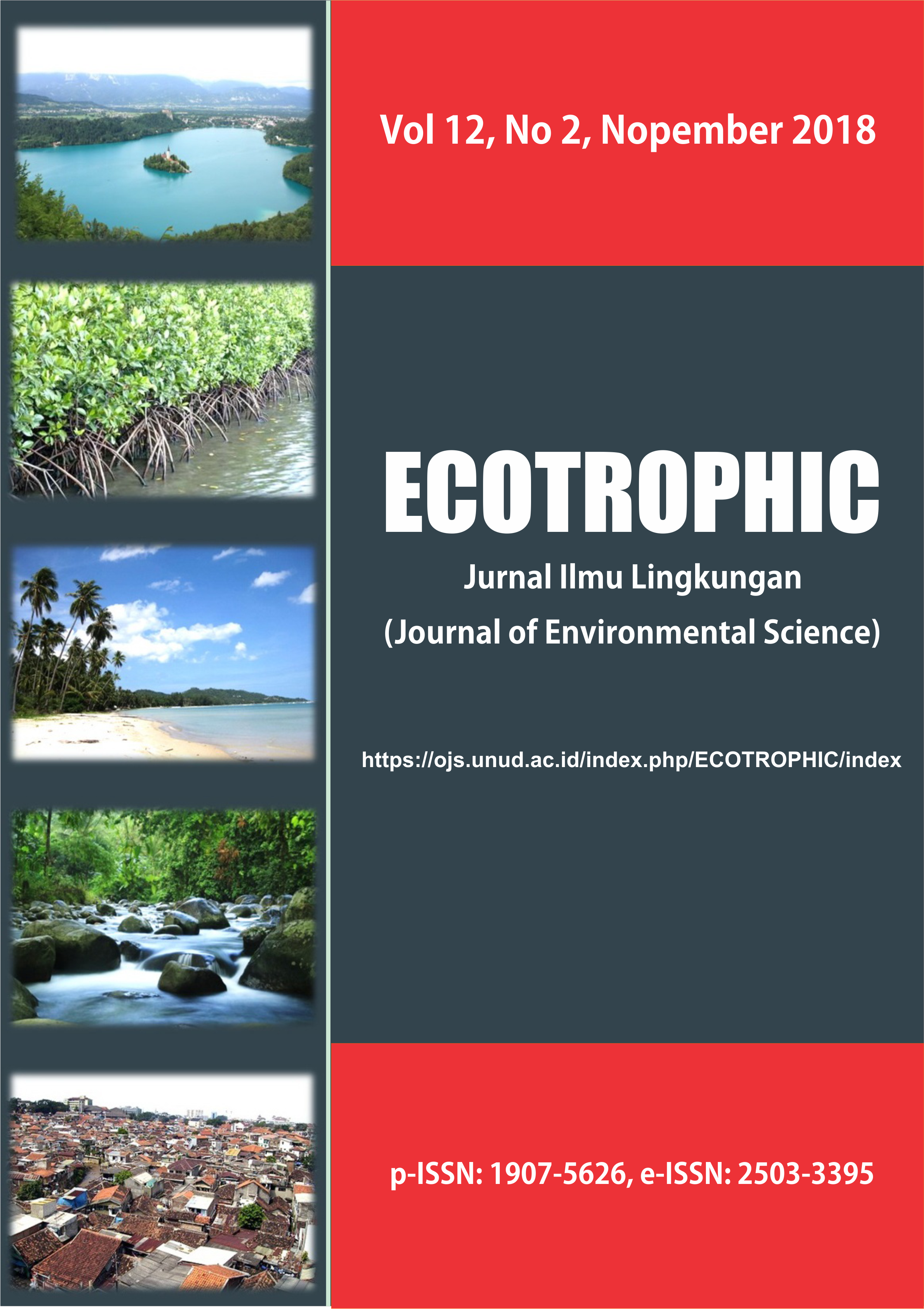The Use of Online Waste Management System on Bank Sampah Induk Bantul
Abstract
In developing countries, including Indonesia, household waste is a multidimensional problem, namely that in its completion it involves many aspects so that the application of community-based solutions is needed. Waste banks are one solution to reduce household waste. A waste bank is a community-based waste management system that actively engages the community. The surrounding neighborhood can exchange trash into other forms that have economic value. The waste bank that is a model for other waste banks in Indonesia is the Bank Sampah Induk Bantul, which was established in 2008 and has used an online-based waste management system as of 2015. An online-based waste management system is one of the efforts to facilitate the activities of managers and customers of waste bank. However, its use in Bank Sampah Induk Bantul is still limited. Therefore, a preliminary study was conducted to determine the extent to which the online waste management system is used, so that appropriate actions can be taken to increase the use of the online system. This study uses a qualitative approach, namely field observations, semi-structured interviews and informal discussions. The results of this study indicate that the use of online-based waste management systems is not optimal because the online system does not accommodate the activities and problem solving faced by the Waste Bank. Besides, in the online-based waste management system, there are several features needed by the Waste Bank, but their use is limited due to technology acceptance from the Waste Bank management which is still relatively low.
Downloads

This work is licensed under a Creative Commons Attribution 4.0 International License.


